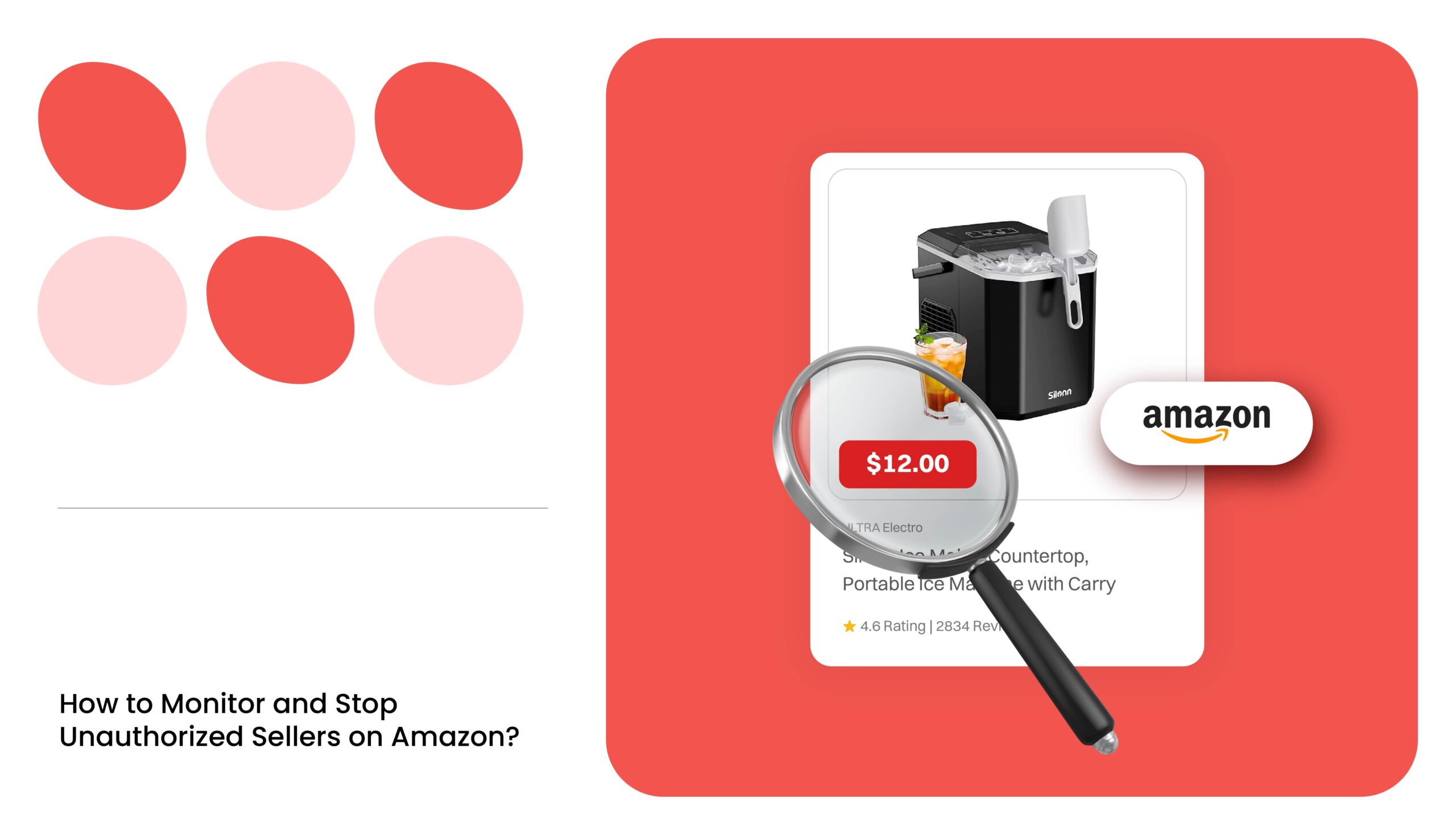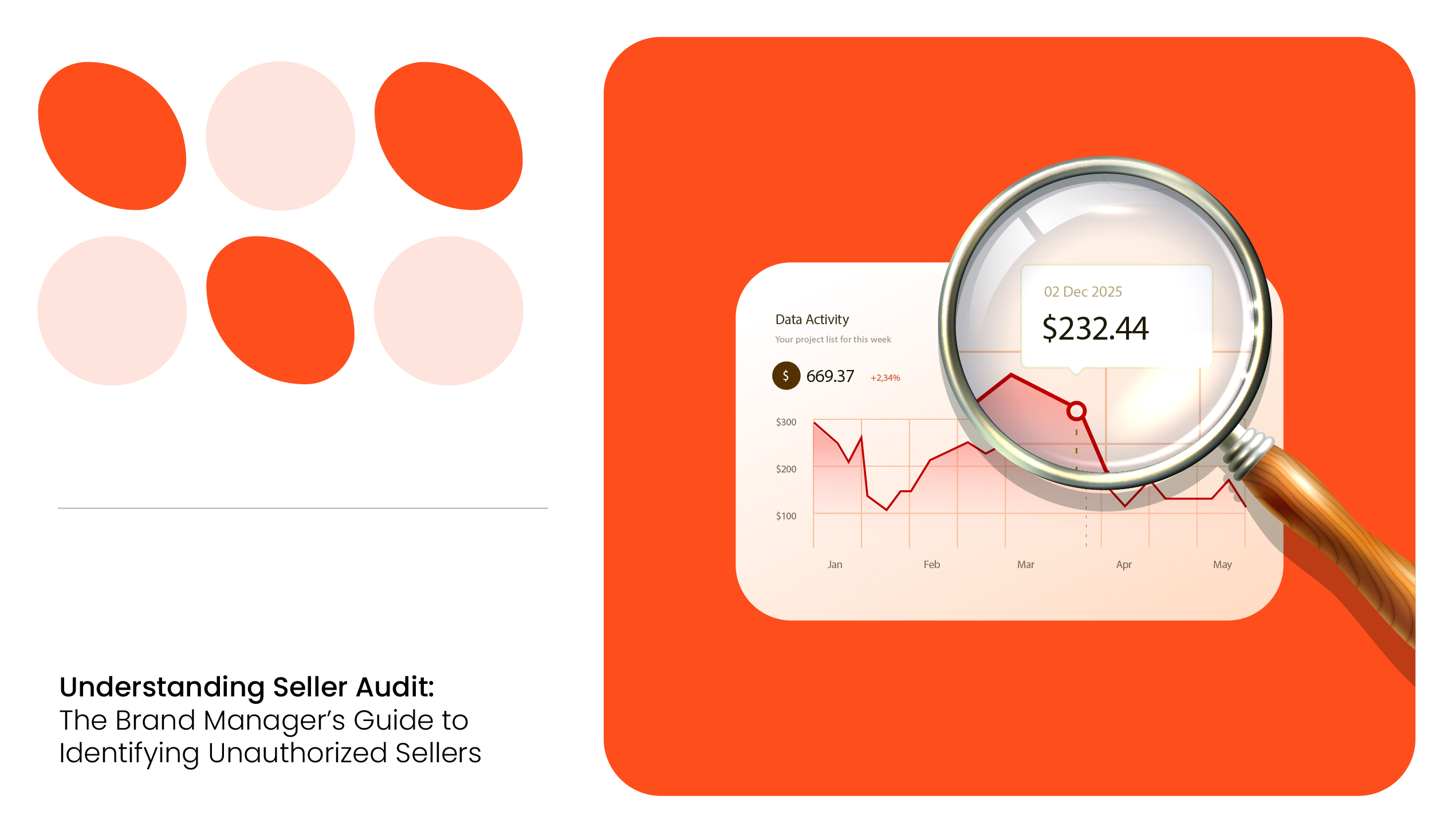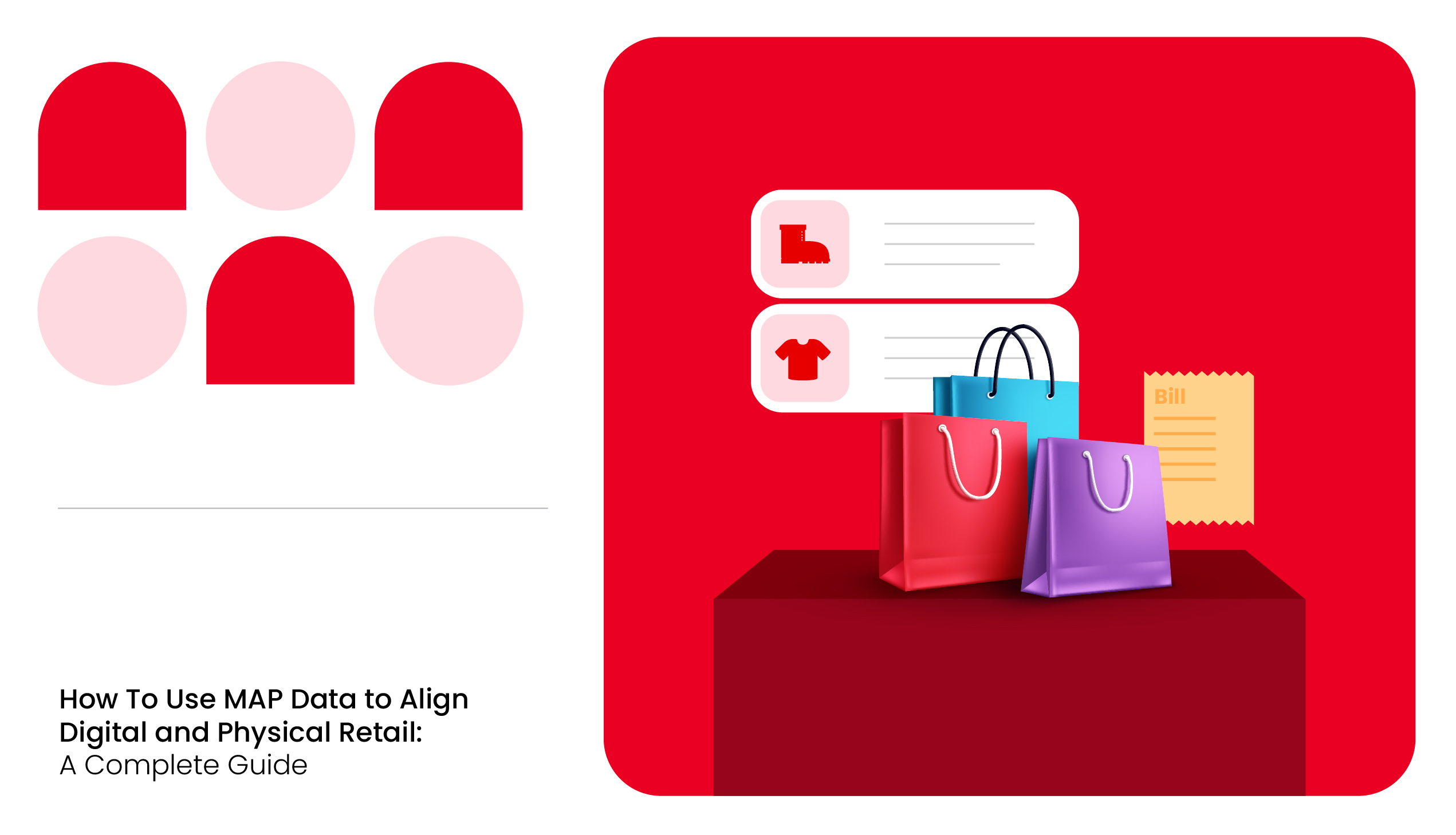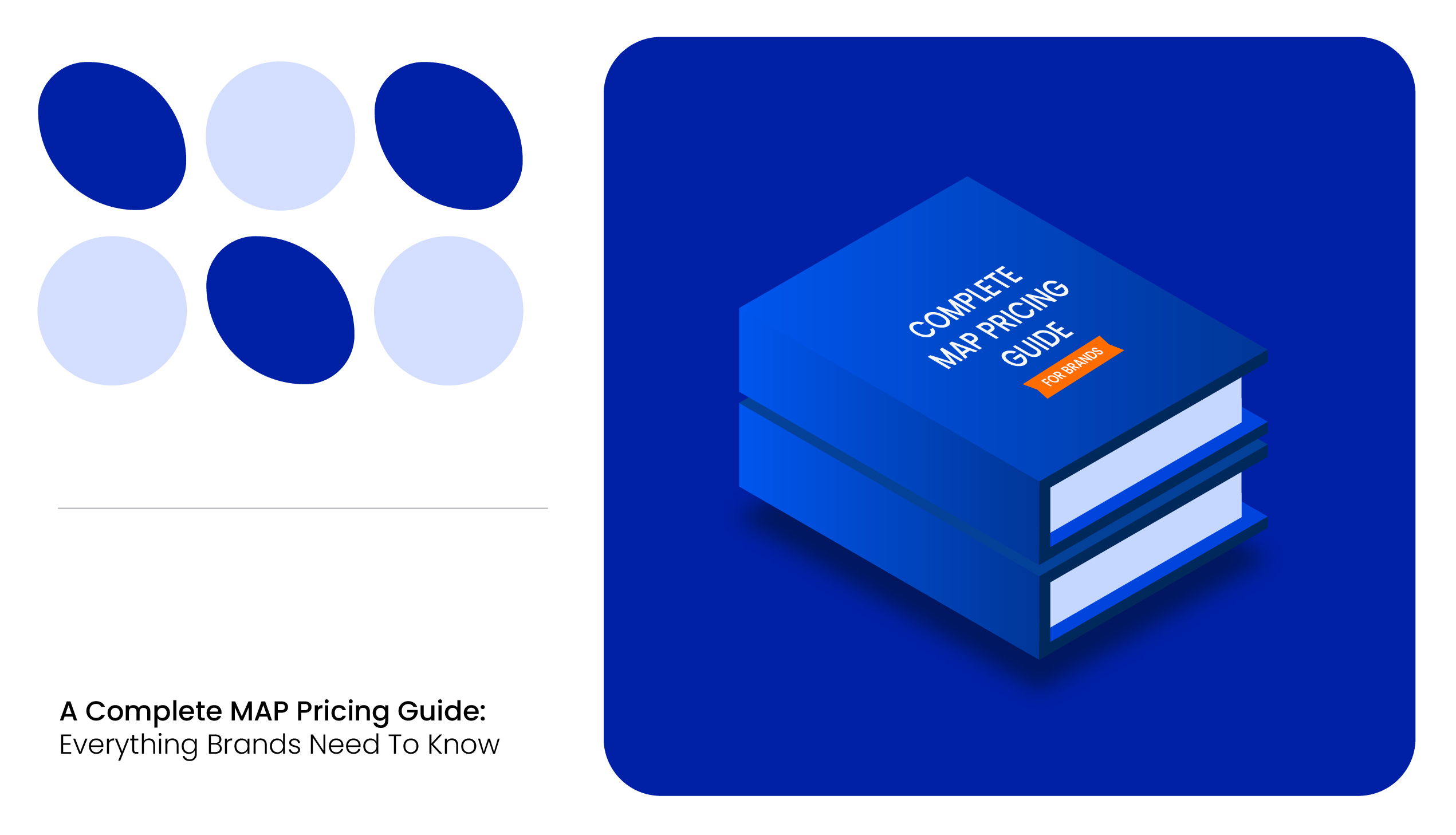As of 2022, Amazon has an estimated 9.7 million sellers globally, enabling retailers and brands to reach millions of customers and improve their profit margins.
However, amidst authentic vendors, there is a prominent presence of unauthorized sellers on Amazon who sell products without proper permission from the manufacturer or brand owner.
This raises a significant question: How to stop unauthorized sellers on Amazon?
Rest assured, unauthorized Amazon sellers are not invincible. Numerous effective strategies and programs can help brands successfully identify and remove unauthorized sellers on Amazon.
Types of Unauthorized Sellers on Amazon
An unauthorized seller is any individual, account, third-party reseller, or distributor who sells products on the Amazon marketplace without the brand’s authorization.
Below are some of the common types of unauthorized sellers on Amazon marketplaces
Counterfeiters
They sell fake versions of branded products which are often indistinguishable from the original items. They deceive customers by selling low-quality products and destroying brand reputation.
Grey Market Sellers
Grey market sellers collect products through unauthorized channels, such as places with lower production expenses or selling costs. Since they disregard the brands’ official distribution agents, they are considered grey market sellers.
Hijackers
These sellers exploit legitimate product listings by leveraging the existing Amazon Standard Identification Number (ASIN) to list their products without proper authorization. They offer products at lower prices, leading to unfair competition.
Liquidators
They acquire excess, discontinued, or unsold inventory from manufacturers, retailers, or wholesalers at discounted prices and resell them on Amazon without proper authorization from the brand.
Unauthorized Distributors
They collect products from manufacturers or authorized distributors without permission to resell them on Amazon, violating distribution agreements and undercutting authorized sellers.
Used Item Resellers
These resellers list used or refurbished items on Amazon without proper authorization, often misrepresenting them as new. This can deceive customers about the product’s condition, durability, and authenticity.
Retail Arbitrageurs
They purchase products from retail stores at discounted prices and resell them on Amazon without the brand’s approval.
Diverters
They buy products from the distribution channels or markets established by the brand or manufacturer at a lower price and sell them at a higher price on Amazon without the brand owner’s consent.
Why Do Unauthorized Sellers Exist on Amazon?
Amazon’s Open Marketplace Structure
Amazon’s marketplace is highly open and accessible. With basic information, virtually anyone can create an Amazon seller account. This encourages a wide selection of sellers and products, but it also means there are very few barriers to entry.
Unauthorized sellers on Amazon take advantage of this ease of entry. Since Amazon welcomes sellers of all kinds, individuals or unapproved resellers can easily join and start listing branded products without the brand’s consent.
Lack of Strict Seller Vetting
Amazon does not strictly vet the supply chain or authorization of every seller. Outside of certain restricted categories, Amazon generally doesn’t ask sellers to prove they are authorized by the brand to sell a product. As long as the seller can source the item, they can list it.
This lack of upfront vetting means unauthorized sellers on Amazon can slip through the cracks. Amazon’s systems are mainly concerned with whether the product is genuine and customers are satisfied, not whether the seller has the brand’s permission. Thus, many unauthorized sellers on Amazon operate until they are reported or caught violating specific policies.
Buy Box Competition
Multiple sellers can offer the same product on a single listing, and they all compete for the Buy Box, which is the default seller when a customer clicks “Add to Cart.” Amazon’s Buy Box algorithm favors sellers with low prices, reliable fulfillment, and good seller metrics.
Unauthorized sellers on Amazon often undercut official pricing or MAP guidelines to win the Buy Box. They might acquire products cheaply and then price them below authorized sellers. This can easily beat the brand’s own listing or authorized retailers.
This competition dynamic encourages unauthorized sellers to keep appearing on Amazon, as they know they can win sales if they offer the lowest price.
6 Steps to Stop Unauthorized Sellers on Amazon
Brands and manufacturers can leverage numerous measures and policies to remove unauthorized sellers on Amazon.
Step 1: Identify Unauthorized Sellers
The first step in effectively removing and stopping unauthorized sellers on Amazon is to identify them. For this, brands must regularly monitor the product listings and find the sellers without authorization. Usually, the products sold by unauthorized sellers have the following characteristics:
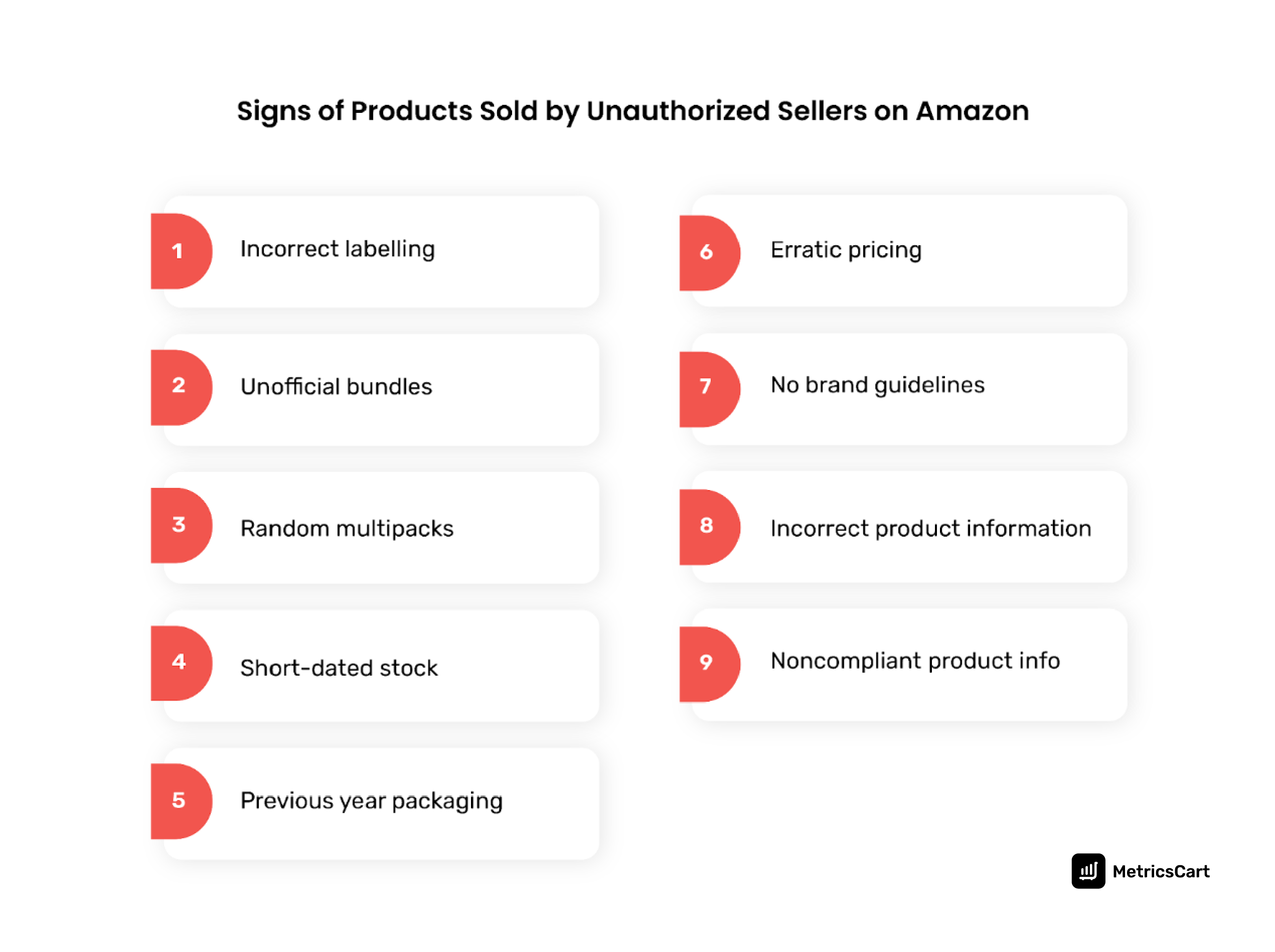
In addition, brands can test-buy products from the identified unauthorized sellers to verify whether they violate the brand’s policies or sell counterfeit items. This can also be considered evidence when reporting them to Amazon.
Step 2: Leverage Amazon Brand Registry
Amazon Brand Registry program provides multiple benefits for brands with registered trademarks and copyrights. It helps detect and report intellectual property(IP) infringement. Additionally, they receive assistance in resolving technical issues, listing discrepancies, and marketplace policy violations.
Furthermore, brands registered in the program enjoy priority for their content over third-party contributions. This helps remove any unauthorized sellers who attempt to introduce inaccurate or misleading information, such as incorrect bullet points or titles, on product listings.
Step 3: Contact Unauthorized Sellers
Once the unauthorized sellers are identified, brands can contact them through the contact information or the Amazon messaging system.
- Select the “Sold by” option on the Product Listing Page and click “Ask a Question.”
- On the Seller Messaging Assistant, select “An item for sale,” and add the product name and ASIN number.
- Brands can then request the sellers to stop selling the product, emphasizing that they are not authorized.
To avoid the hassle of manually contacting each seller, brands can use MetricsCart’s MAP enforcement software. This software automatically sends email notifications to unauthorized sellers and MAP violators using predefined templates.

Step 4: Implement Minimum Advertised Price (MAP) Policies
Unauthorized sellers, especially counterfeiters, sell products at lower prices than the established Minimum Advertised Price(MAP). As a result, authentic sellers lose the Buy Box to unauthorized ones, resulting in low sales and profit margins.
Therefore, Minimum Advertised Price (MAP) policies must be implemented to protect the brand’s profit margins. Regular MAP monitoring can help brands track and identify third-party sellers who violate MAP policies, preventing unauthorized sellers from selling products.
READ MORE | Considering a MAP Monitoring Software for your Brand? Check out Best MAP Monitoring Software You Should Consider for E-Commerce
Step 5: Use Amazon’s “Report a Violation” Tool
Amazon’s “Report a Violation” feature enables brands to report intellectual property infringement, such as unauthorized use of trademarks, copyrights, or patents, directly to Amazon. For this, they need to:
- Sign in to Brand Registry.
- Select “Report Violation” from the “Protect” dropdown menu.
- Choose the marketplace and provide the ASIN where the unauthorized seller is located, then click “Search.”
- Once the listing appears, click on “Show Offers” and select the unauthorized seller(s) to report them to Amazon.
- Fill in all necessary details, including contact information and an active email address, and click “Submit.”
- After filing the complaint and emailing Amazon, follow up with Seller Support to ensure the concerns are addressed.
Step 6: Leverage MAP Monitoring and Enforcement Solutions
Consistent monitoring of your product listings is crucial, especially on platforms like Amazon, where unauthorized sellers can appear at any time. Often, removing one leads to another taking their place. That’s why a proactive and automated approach is essential.
MetricsCart is an all-in-one solution for Amazon seller monitoring, unauthorized seller detection, and MAP (Minimum Advertised Price) enforcement. It scans your listings to identify all active sellers, flags those who are unrecognized or in violation of your pricing policies, and helps you take swift action.
The platform follows a tiered enforcement strategy that includes sending automated escalation emails, final warnings, and even initiating action against repeat offenders. These steps are backed by evidence, defined timelines, and actions such as platform takedowns or supply restrictions, ensuring your brand stays protected and your pricing remains consistent.
Conclusion
Unauthorized sellers on Amazon pose real risks to brands, from pricing disruption to reputational harm. By understanding why these rogue sellers appear and taking proactive steps, you can significantly curb the problem. Most importantly, continuous monitoring is key: the faster you detect an unauthorized seller on Amazon, the quicker you can react.
That’s where solutions like MetricsCart come in. MetricsCart empowers brands to keep watch over their Amazon listings 24/7, so unauthorized sellers are caught early. With the right strategy and tools in place, you can defend your brand’s integrity and maintain control over your product pricing.
Protect Your Price, Protect Your Brand. Start MAP Monitoring Today.
FAQs
Unauthorized sellers on Amazon are third-party sellers who offer a brand’s products without that brand’s permission. They obtain the merchandise through unofficial channels and then list it on Amazon. These sellers are not part of the brand’s authorized retail network, so their activities can violate pricing policies or other agreements the brand has in place.
Unauthorized sellers on Amazon can hurt your brand in several ways. First, they often trigger price undercutting – selling well below your recommended price or MAP – which can start a price war and reduce profit margins. This can upset your authorized retailers and damage your brand’s premium image.
Second, they may provide a poor customer experience (for example, shipping items late, selling old or defective stock, or not honoring warranties), and your brand gets blamed in the customer’s eyes. Over time, these issues can harm your brand’s reputation and decrease customer trust in your products.
Tracking unauthorized sellers on Amazon requires vigilant monitoring. You can regularly check your product pages for unfamiliar sellers and note their prices and offer details. A better approach is to use a tool like MetrisCart, which continuously scans your Amazon listings and alerts you to any new unauthorized sellers or sudden price drops.
MetrisCart helps by automating the process of tracking your products on Amazon. Instead of manually checking each listing for rogue sellers, MetrisCart continuously monitors your listings for you. It will alert you when new sellers appear or when prices drop below your set threshold. This allows you to respond faster before an unauthorized seller can do too much damage.
Amazon’s Brand Registry is a program that helps brand owners protect their intellectual property and have more control over product listings. To enroll, you need a registered trademark. Once you’re in Brand Registry, you gain access to tools that can help remove counterfeit listings and correct product information.

